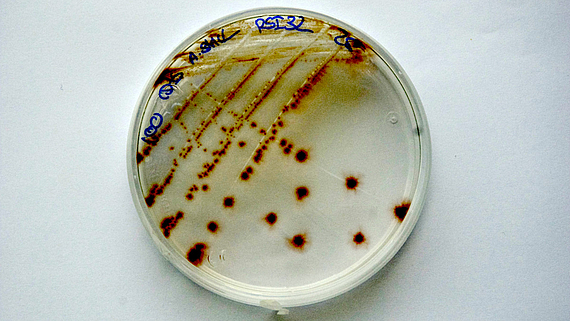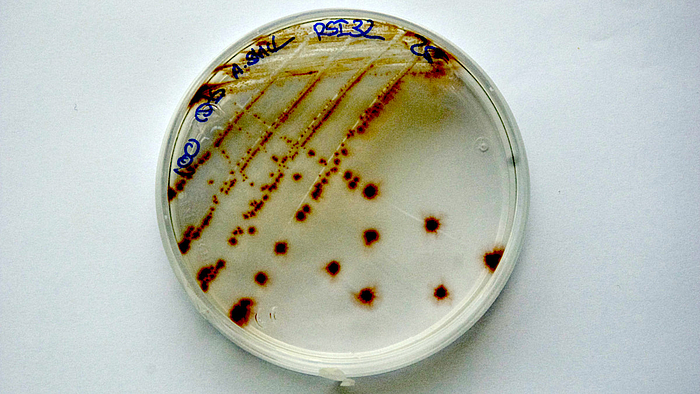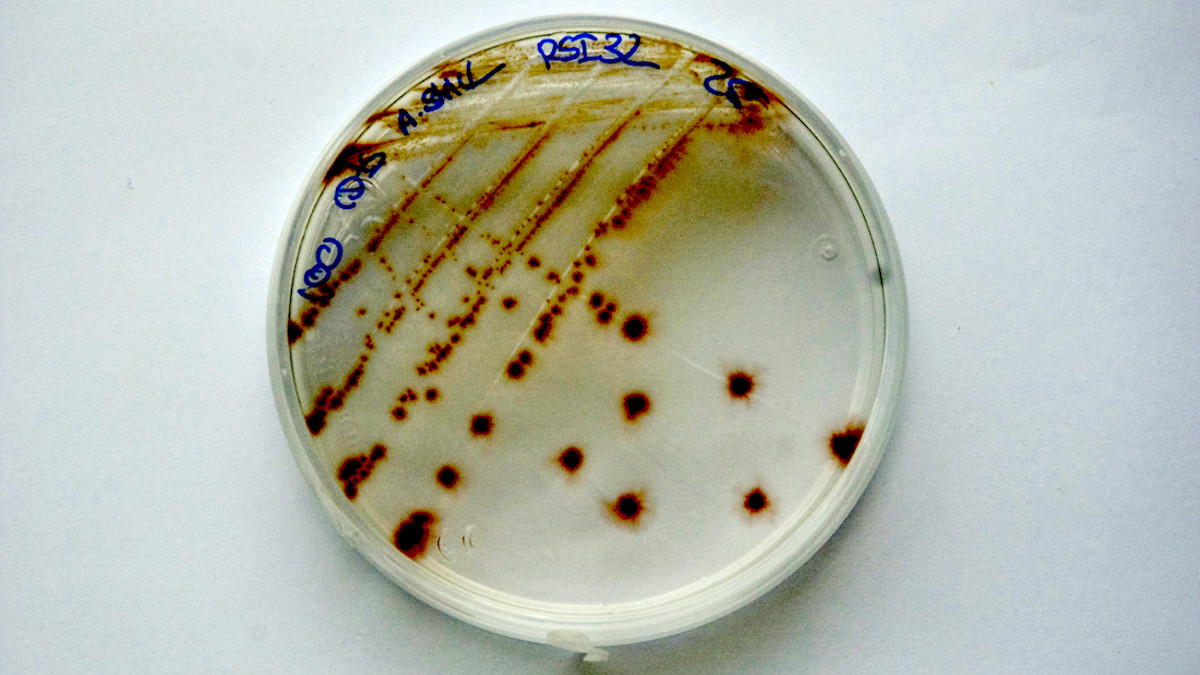


The BMWZ focusses its interest broadly in the area of natural products. These are chemicals obtained from nature which have useful properties for mankind, often in the areas of medicine, agriculture and food. These compounds are often obtained from plants, bacteria or fungi.
The BMWZ has expertise in the production and engineering of natural products, their use as molecular tools and probes, their development as medicines, and in the structures and functions of the proteins involved in their creation or therapeutic effects.
Structure and molecular biology
The study of the structures of key biological polymers including nucleic acids, proteins and their interactions with each other and small molecules such as drugs and natural products forms a key focus of research in the BMWZ. The BMWZ has expertise in the area of both nuclear magnetic resonance methods and X-ray crystallography, as well as general areas of protein biophysics and chip technologies.
Synthetic biology
An important area of research for the BMWZ is the understanding and re-engineering of biological pathways which lead to the production of natural products. Key methodologies include genetic engineering, synthetic chemistry and in vitro biochemical methods. Particular expertise exists in the area of fungal, bacterial and plant metabolites.
Development of new natural products and molecular tools
Synthetic and medicinal chemistry forms the third important strand of research interest in the BMWZ. Groups with expertise in total synthesis, synthetic methodology and flow chemistry, as well as in the development of new medicines contribute to the multidisciplinary research projects of the BMWZ. The development of new molecular tools for imaging and drug delivery is also a key technology.


